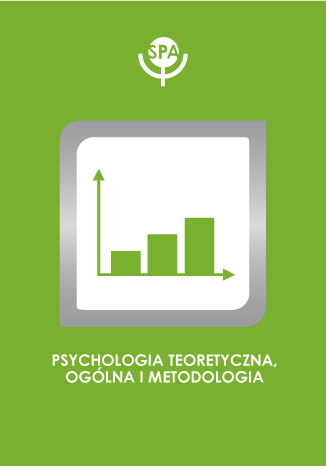Dysonans poznawczy jako efekt zagrożenia funkcjonalnych aspektów samowiedzy. Weryfikacja empiryczna

Kinga Lachowicz-Tabaczek
DOI:
Rocznik: 1995 Tom: 1 Numer: 1
Strony: 79-92
The analysis of research conducted in the forced compliance paradigm is based as an sumption that cognitive dissonance arises when inconsistency creates a threat to self-related 'drives. in the proposed model, the kind of threatened motive is related to the type of inconsistency (evaluative and descriptive) and to the type of activated self-aspect. Considering the kind of threatened motive, two types of dissonance were distinguished: egotistic and identity dissonance. Uncertainty was treated as a marker for identitydissonance induction. Shame and guilt indicatedthat the egotistic dissonance erotic. A four-factor laboratory experiment was conducted. Outcomes partially confirmed the expectations. The results of ANOVA indicated that evaluative inconsistency intensified shame and guilt, and descriptive inconsistency inspired uncertainty. Path analysis allowed identification of the connections between those emotions and the means of inconsistency reduction. Shame and guilt were related to changes of internal standards and uncertainty concurredwith modification of behavior representation.









 Pobierz pełny tekst
Pobierz pełny tekst



